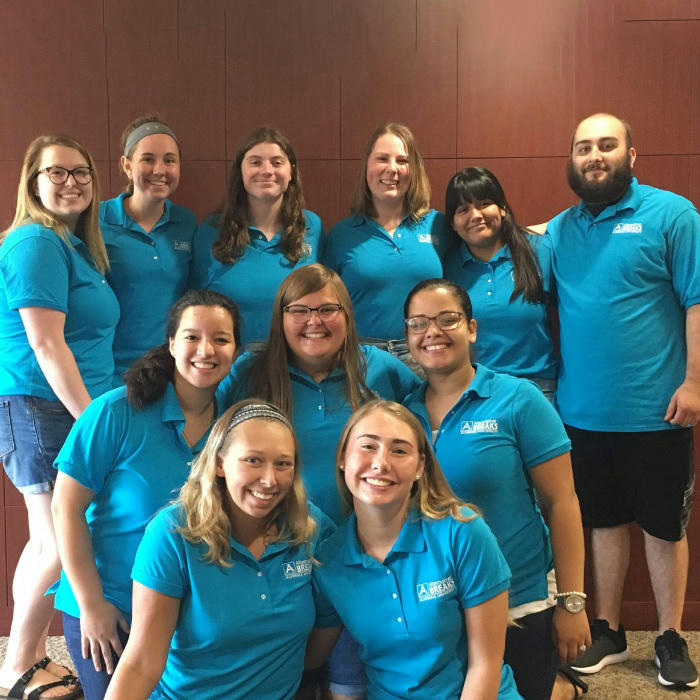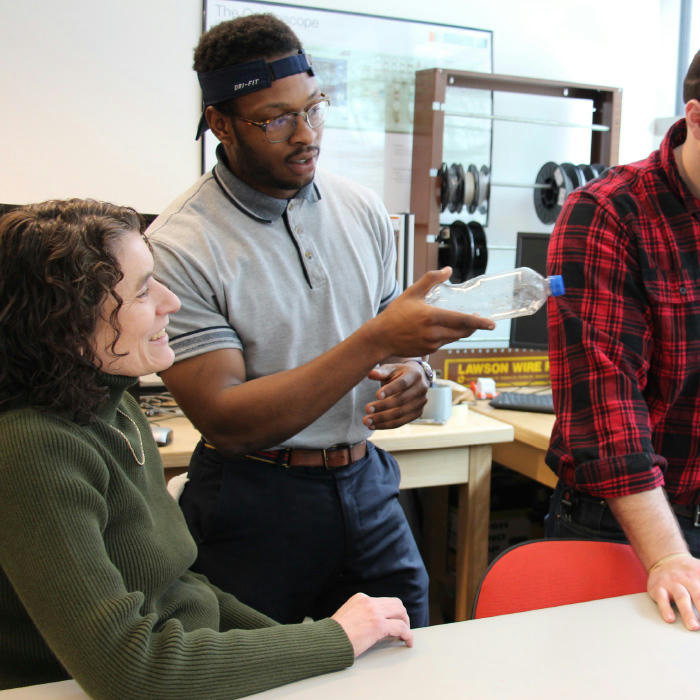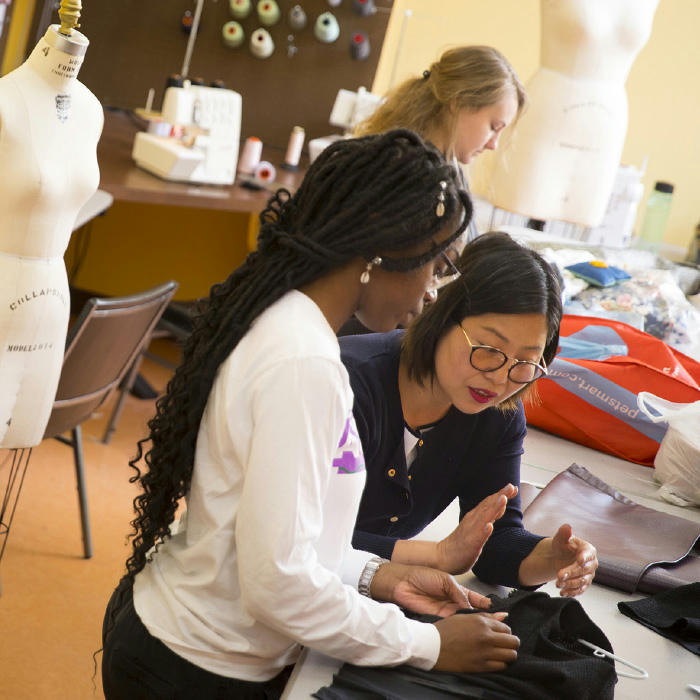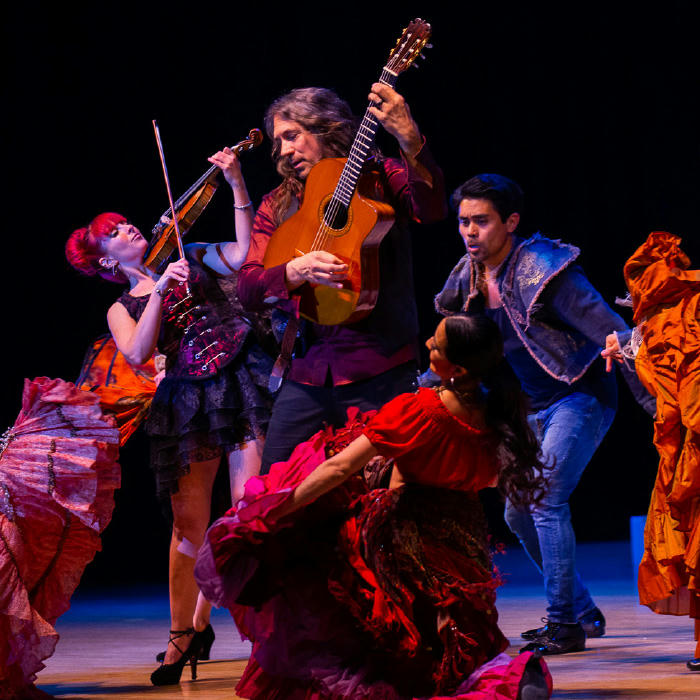
Reading Area Community College
A Hub for Technology, Training Center Benefits Students and Employers
The Technology Center uses an integrated systems and blended learning approach that has a proven student/employee learning success model that has been sought out and replicated across the country.
The Schmidt Training and Technology Center (STTC) located on the Reading Area Community College (RACC) campus provides customized training programs that adjust to the changing needs of Berks County’s most progressive employers. The STTC basic and advanced training programs are based on employer needs and use evolving instruction methods and technologies that are highly individualized.
Taught in a state-of-the-art facility, the Schmidt Training and Technology Center courses are offered in four specific areas: Manufacturing Technology, Machine Tool Technology, Information Technology and Workforce Business Solutions. The Technology Center uses an integrated systems and blended learning approach that has a proven student/employee learning success model that has been sought out and replicated across the country. This integrated systems approach incorporates industrial-quality equipment, troubleshooting, and online and printed curriculum formats taught by “industry expert” instructors in a hands-on, applied, competency-based approach.
All technical programs are offered in a self-guided manner, allowing students to progress at their own pace with one-on-one access to the equipment and industry expert instructors for help with questions, answers and problems.
Courses and programs can be customized to meet the exact needs of a student and/or employer. Specialized Certificate programs are offered in Cisco Certified Network Associate (CCNA®), Cisco Industrial Internet of Things (CCNA IIoT), National Institute of Metalworking Computer Numeric Controlled Machine Operator (NIMS CNC) and Motoman Merit Robotics Programming.
The STTC offers a variety of workforce development training for front-line workers to maximize their effectiveness in the labor environment. The programs focus on foundational skills such as basic workplace skills, basic workplace knowledge, basic employability skills and basic work-related technical skills.
Courses are also available for employees recently promoted to supervisors or those who wish to expand their leadership skills, such as LEAN management, time management and conflict resolution. Students feel like they are learning in a real manufacturing facility. The learning systems feature state-of-the-art, industry-standard components and a range of component types so that students perform hands-on skills and activities on equipment found in current manufacturing and industrial environments. This approach provides the knowledge and skills for the entire scope of the technologies they will encounter.
In addition, the Schmidt Training and Technology Center offers a training program for non-Spanish-speaking employees, supervisors and managers who wish to improve communication with Spanish-speaking employees. Courses can be delivered to a group in a classroom setting or to individuals via e-learning.



